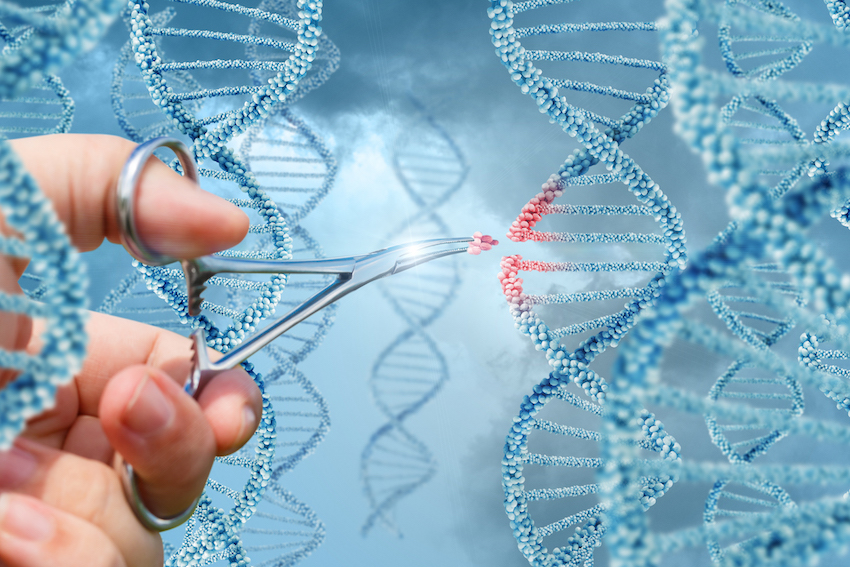
Japan set to allow gene editing of human embryos
An expert panel released new guidelines late last month.
Japan is set to allow the gene editing of human embryos, with an expert panel representing the country’s health and science ministries releasing new guidelines late last month.
Although the country regulates the use of human embryos for research, there have been no specific guidelines on using tools such as CRISPR–Cas9 to make precise modifications in their DNA until now.
The new guidelines will allow for research to be carried out on early-stage embryos, with scientists hoping to gain insight into early human development and perhaps eventually fix genetic mutations that cause inherited diseases.
Yet ethicists are concerned that the technique could be used to alter the embryos for non-medical reasons. While the guidelines would restrict the manipulation of human embryos for reproduction, they are not legally binding.
Gene editing is still banned in most countries, though countries such as the UK have recently relaxed their restrictions.
Tetsuya Ishii, a bioethicist at Hokkaido University in Sapporo, says that before the draft guidelines were issued, Japan’s position on gene editing in human embryos was neutral. The proposal now encourages this kind of research, he told Nature.
The guidelines are open for public comment and will likely be implemented in the first half of next year.
Japan set to allow gene editing of human embryos
Xavier Symons
Creative commons
https://www.bioedge.org/images/2008images/gene_editing_embryo.jpg
embryo research
gene editing
japan
- Can machines be moral? - March 7, 2021
- Can we synthesise Christianity moral theology with secular bioethics? - November 28, 2020
- Euthanasia polling data may fail to capture people’s considered views - August 15, 2020
